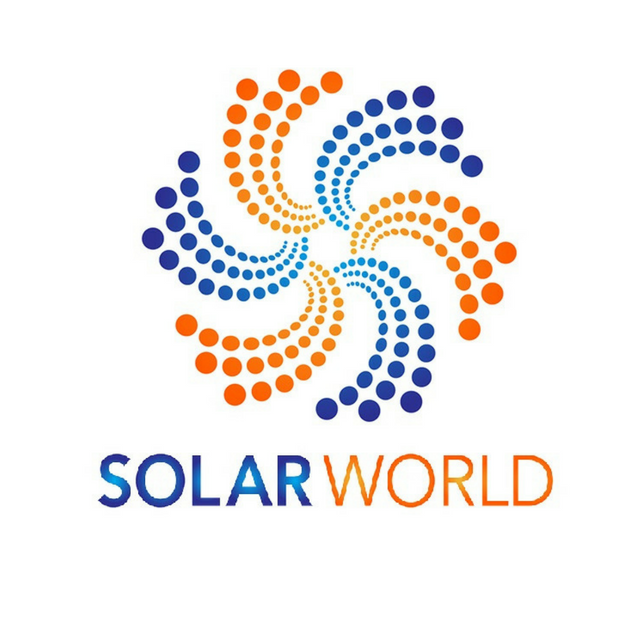Frequently Asked Questions
Solar panels are made from small solar cells. The cells absorb the sunlight and turn it into DC (direct current) electricity. The DC electricity is then converted into AC (alternative current) electricity, by a device called inverter, and is fed to your internal power grid.
This depends on the type of system you require.
The size of your solar energy system will depend on how much electricity you use on a monthly basis, as well as the weather conditions where you live. Our solar team will access your roofs orientation and bills and will suggest the most appropriate system suitable for you.
Most manufacturers give 20-25 year warranty but If solar panels are installed and maintained properly, you can expect them to last and produce good amount of electricity for up to 30-35 years.
There are many factors which need to be considered to see whether you qualify for a loan. You need to be a permanent employee. The loan amount depends on which bank you decide to go with . For further details in regards to loan speak to a team member at Solar World and they will gladly assist you.
If your solar PV system is still under warranty, you should contact the retailer you purchased your system from to arrange repairs.
If your system is out of warranty, you should contact your retailer or an accredited solar installer. However, you may be responsible for the cost of any repairs. For more information on what to do if your system stops working, refer to solar PV warranties, complaints and disputes
Yes the extra energy being produced you will get paid.
Net Metering
Consumption > Generation
Extra units drawn from the Grid will have to be paid by the customer based on existing tariff – User will only pay for the net amount used. Extra units goes back to the Grid – will be credited/ accounted for the next month’s usage and no fee will be paid for excess units.
Net Accounting
Consumption < Generation
Extra units generated goes back to the Grid. Consumer will be paid for the first 07 years – Rs. 22.00 per unit and from the 8th year onward – Rs. 15.50 per unit.
Net Plus
Consumption and Generation has no interconnectionConsumption will have to be paid by the customer based on existing tariff. Generation will be paid by the CEB/ LECO to the customer separately.
Our solar iinstallers mount the solar panels on a aluminium rail system that is fastened about every four feet by penetrations into the roof rafters. We guarantee all roof work will be free from leaks. As for the weight of the array, it is less than 5 pounds per square foot, so a typically framed roof is more than adequate to carry the weight.
Once you install install solar panels on your property, you will still be connected to the grid. This allows you to draw from the grid when your system is not producing all of the power that you need, and send power back to the grid when you produce more than you use. It is possible to go off the grid with a solar energy system that includes battery storage, but it will cost significantly more and is unnecessary for the majority of homeowners.
Definitely! Every solar PV panel we sell is covered by a performance warranty, usually spanning 20-25 years. Additionally, manufacturing warranties can cover your entire solar power system for up to 10 years. As we stock a variety of brands, warranty specifications will differ from product to product.



